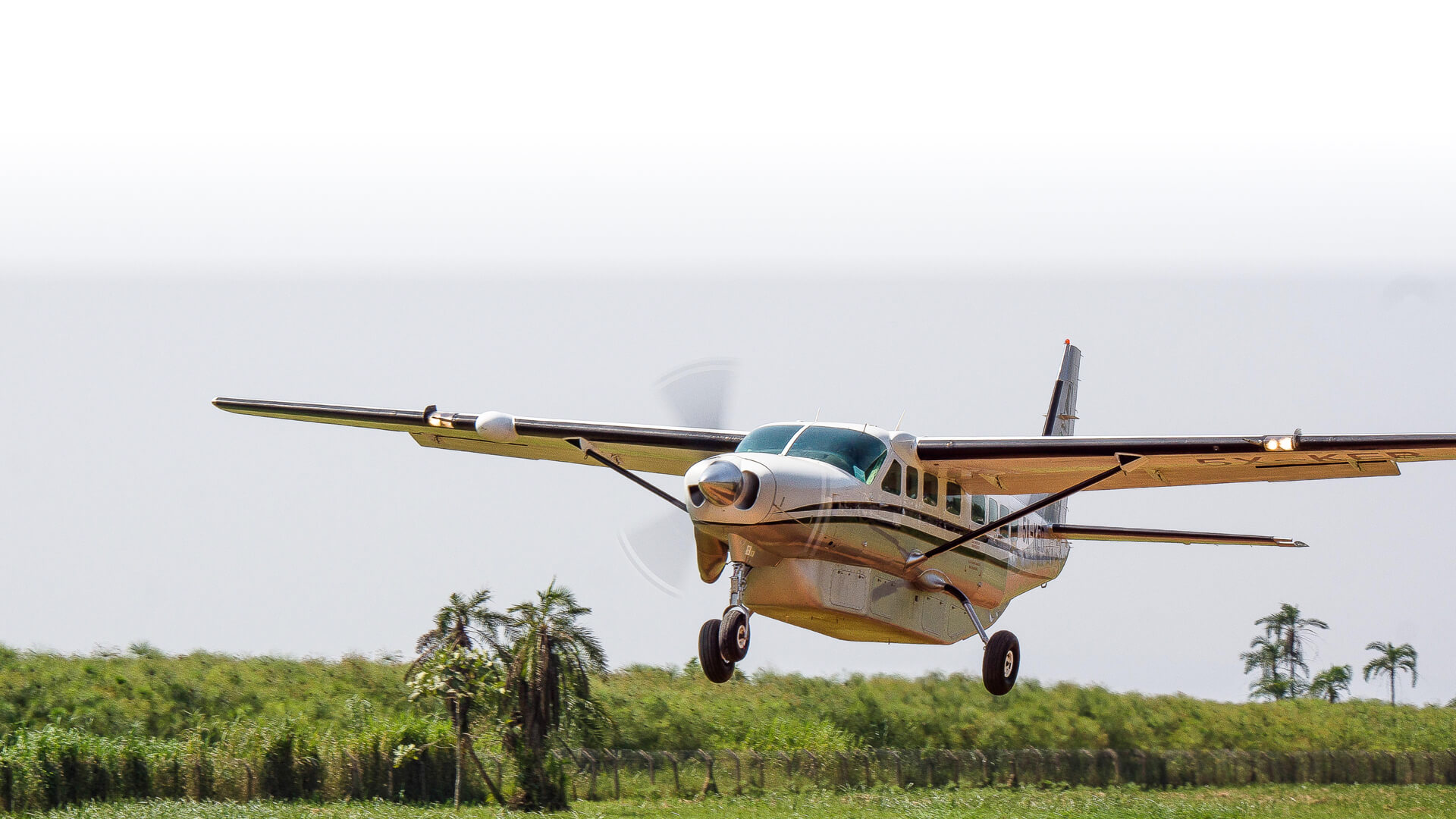Passports & VISAs
All visitors to Uganda require a return or onward ticket and a valid passport with an entry or reentry visa, duly endorsed. Visas are not required for visitors from some Commonwealth countries and other specified countries. Visas can be obtained from any Uganda Diplomatic. Mission or Consulate abroad, and at main entry points including international airports, sea ports and border posts.
Health
Visitors originating from or transiting through countries endemic with yellow fever need to have valid vaccination certificates. Visitors arriving directly into Uganda from say Europe, the USA, Japan and other non-yellow fever areas are not required to produce vaccination certificates to gain entry. Visitors are advised to take anti-malaria tablets and make use of mosquito nets and insect sprays where provided. Comprehensive travel and medical insurance is recommended before travel.
Customs
Personal effects including binoculars, cameras, film, may be imported (temporarily) free of duty. A custom bond may be demanded from visitors bringing in professional video/filming equipment, radios, tape recorders and musical instruments to ensure the goods are re-exported. Firearms require a special permit that should be obtained in advance. Visitors buying local handicrafts must keep cash sales receipts and ownership certificates for wildlife trophies for presentation to Customs officials on departure.
Currency
The unit of currency is the Uganda Shilling (UGX). Visitors can bring with them any amount of foreign currency but it is against the law to import or export Uganda Currency. Foreign currency in cash or in travelers cheques may be exchanged at the commercial banks, authorized dealers, or at the forex bureaus operating at the international airports, major towns and border posts.
Luggage
Safari vehicles and small aircraft provide limited space for luggage. It is therefore recommended to travel with light bags since bulky suitcases will overload and might not be taken on board.
Climate
The climate is tropical. The coastal areas are hot and humid with an average day temperature of 30 degrees centigrade. The central plateau is dry and arid with hot days and cool nights. In the northwest highlands around Kampala and Jinja, the climate is temperate and cooler between June and September. The long rains are from March to May and the short rains fall between October and December. The hottest months are between October and February.
Clothing
Light tropical clothes, especially cotton slacks, shirts and skirts are most suitable. Some warm clothing is needed in the higher altitude areas around Kampala, especially in the evenings and early in the morning. Comfortable walking shoes are recommended on safari and guests are advised to carry some insect repellents. Visitors in Kampala are expected to dress modestly – avoid swim suits, miniskirts and other revealing clothing outside hotels, beaches and resorts.
Language
The national language is English but Luganda is widely spoken within the central region of Uganda. English is the language of the tourist trade and other international businesses. Tracks and Trails, however, boasts quite a few multilingual operations staff and driver-guides.
Air Travel
Several international airlines operate flights into Uganda through Entebbe Airport. Travel within the country is by Uganda Airline (the national airline).
Flying Doctor Membership
A temporary AMREF Flying Doctor membership is recommended to cover air medical evacuation to Kampala. Participation fees are: USD 5 for air ambulance coverage of Uganda for a period of up to 30 days.
Time
Uganda has only one time zone. Local time is GMT + 3 and Daylight Savings Time is not used. ELECTRICITY – 215 – 240 Volts, 50 Cycles AC.

